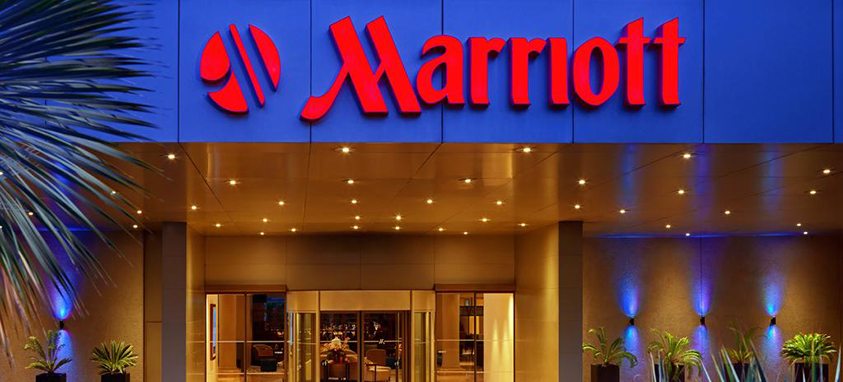Meeting Planners Unite, a new social media group, is the strongest reaction yet to Marriott International’s cut in commissions for planners booking business in the United States and Canada. The purpose of the group is to “show the hospitality industry the power of the independent planner and the unity we have as an industry to change the way the true independent is portrayed,” says group founder David Bruce, managing partner of Dallas-based CMP Meeting Services.
Bruce says the sudden change in the business model for independent planners is an “opportunity for the industry to band together.” The “little guy” did not have a voice before now, he says. Less than a week after Marriott announced its intention, the new group boasts 500 members. He hopes to grow that number to as many as 5,000 in the next month to demonstrate that the industry is made up of more than just the big four—HelmsBriscoe, HPN Global, ConferenceDirect and Maritz Global Events (Experient), none of which reportedly will be immediately impacted by the decision.
“The goal is to stop the bleeding,” Bruce says. “We hope the Pied Piper doesn’t pull the other guys down the road to ruin.”
MGM Resorts came out early to promise it would hold firm on commissions, and Preferred Hotels & Resorts has announced its properties will add an additional 1 percent commission and Prefer Rewards Points for planners who book more than $100,000 in business over the next 60 days.
Bruce pledges to continue paying his own agents full commission, as well. “We are like a family,” he says of the 10-employee company that books as many as 150,000 room nights a year.
Concern about an industry-wide shift in commission payments is widespread, however. A Smart Meetings Twitter poll showed that the majority of respondents (57 percent) believed other properties would follow Marriott’s lead. Even more were concerned the cut would lead to increased consolidation in the independent planner industry.
The specter of a commissions cut was first raised at Independent Planner Education Conference two years ago, and speculation increased after the Marriott-Starwood merger. Many wondered when the dominant brand would decide to flex its muscles. Yet, Bruce also questions the timing of the decision. “The economy is stronger than ever, and Marriott’s stock price is stronger than ever, so why now?” he asks.
Marriott has remained silent on the subject except for the letter from Marriott Vice President of Global Sales Tammy Routh on Jan. 24, which announced the change and explained the rationale this way: “While group intermediaries play an important role in the marketplace, costs for our North American hotels and owners are growing at a faster pace than group revenue, which impacts hotel profitability. To strike a balance and ensure the long-term health of our business, we will reduce commissions to intermediaries from 10% to 7% for all properties in the U.S. and Canada, effective March 31, 2018.”




